China's latest efforts to promote the large-scale renewal of equipment and the trading-in of consumer goods — especially household appliances or white goods — will further stimulate consumer spending appetites, bolster consumption recovery and inject new momentum into economic growth, said industry experts and company executives.
Their comments came as the State Council, China's Cabinet, released an action plan last week encouraging the replacement of aging and outdated household appliances with new ones, and offering subsidies to consumers who buy green and intelligent home appliances in areas where conditions permit. As of 2027, the recycling volume of used household appliances will increase by 30 percent compared with 2023, according to the plan.
The latest policy measures aimed at boosting trade-ins of consumer goods will effectively stimulate purchasing enthusiasm among consumers for home appliances, and bolster the transformation and upgrade of the traditional white goods sector, said Zhou Yunjie, chairman and CEO of Chinese home appliances giant Haier Group.
As Chinese consumers are exhibiting increasing preference for intelligent and green home appliances amid the rapid development and application of artificial intelligence technology, domestic white goods manufacturers are accelerating their layouts in AI and chips, which will be conducive to promoting technological advancement of the whole industry, Zhou said.
The Qingdao, Shandong province-based home appliances manufacturer is stepping up efforts to recycle old white goods, with about 2 million units of such products dismantled and 30,000 metric tons of materials recycled each year.
"Large-scale equipment renewals and consumer goods trade-ins represent a key direction for boosting circular economy development, and are of great significance to accelerate the formation of green production and lifestyles," said Jia Shaoqian, chairman of Chinese home appliance manufacturer Hisense Group.
Jia called for more efforts to cultivate consumer awareness of standardized recycling and disposal of discarded appliances, and establish management mechanisms and industry standards for recycling, circulation and dismantling of electronic product waste.
Looking ahead, Hisense will step up the push to establish online and offline recycling and disposal channels for discarded home appliances, as well as provide discounts and subsidies to consumers who are willing to replace old appliances with energy-saving and intelligent alternatives, the company said.
Data from the Ministry of Commerce showed that as of the end of 2023, the number of household appliances in major categories such as refrigerators, washing machines and air conditioners had exceeded 3 billion units, which presents huge potential for renewal and replacement.
Pei Dongmin, deputy general manager of the home appliance business unit at Beijing-based market consultancy All View Cloud, said, "The new trade-in measures will not only unleash consumption demand for home appliances and bolster stable growth of the home appliances sector, but also give a boost to technological and product upgrades in emerging categories, and the green and smart transformation of industries."
According to AVC, sales in China's white goods sector reached 849.8 billion yuan ($118.0 billion) in 2023, up 3.6 percent year-on-year.
Gree Electric Appliances, another home appliances manufacturer, based in Zhuhai, Guangdong province, said the move will further spur consumption and help enrich application scenarios of new technologies.
The company has built six recycling bases for discarded home appliances and more than 30,000 offline sites. By the end of 2023, Gree had recycled, dismantled and otherwise handled 56 million units of discarded electronic products, recycled 850,000 tons of metals such as copper, iron and aluminum, and reduced carbon emissions by 2.8 million tons.
Liu Buchen, an independent researcher tracking the home appliances sector, said that currently, the country's recycling system for such products has made great progress, but public awareness has not kept up and there is a large number of unwanted home appliances that have not made their way to regular recycling channels.
Moreover, consumers need to get additional support to exchange old home appliances and electronics for more green and intelligent alternatives, while Chinese home appliance enterprises should expand recycling channels and drive the popularization of energy-saving products, Liu said.








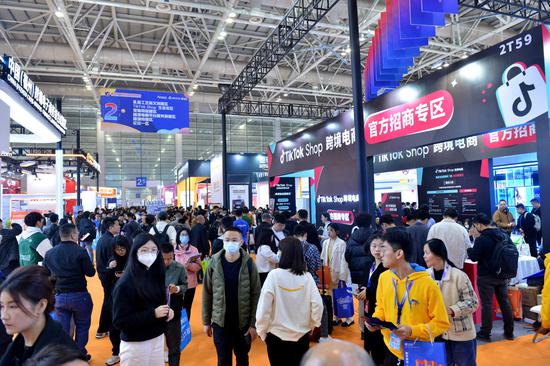



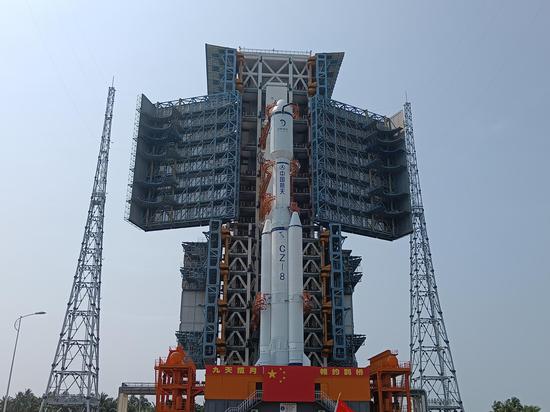






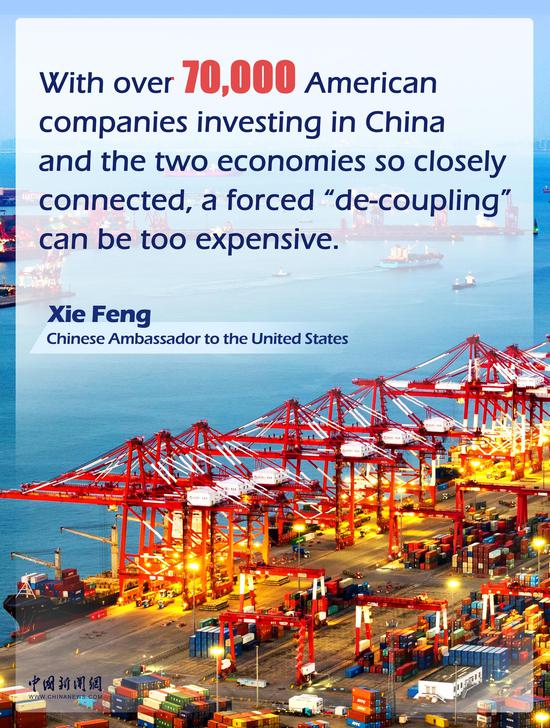

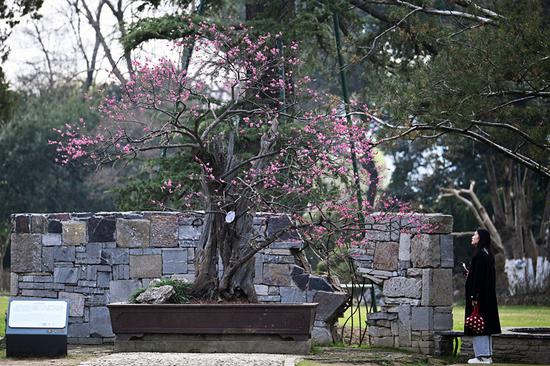






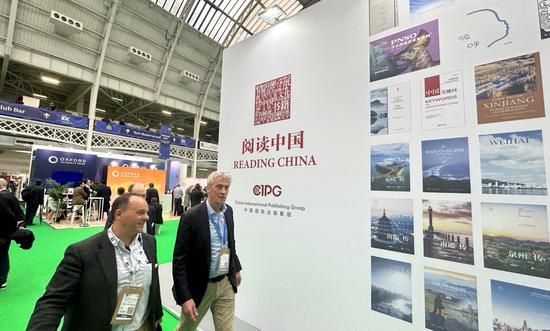


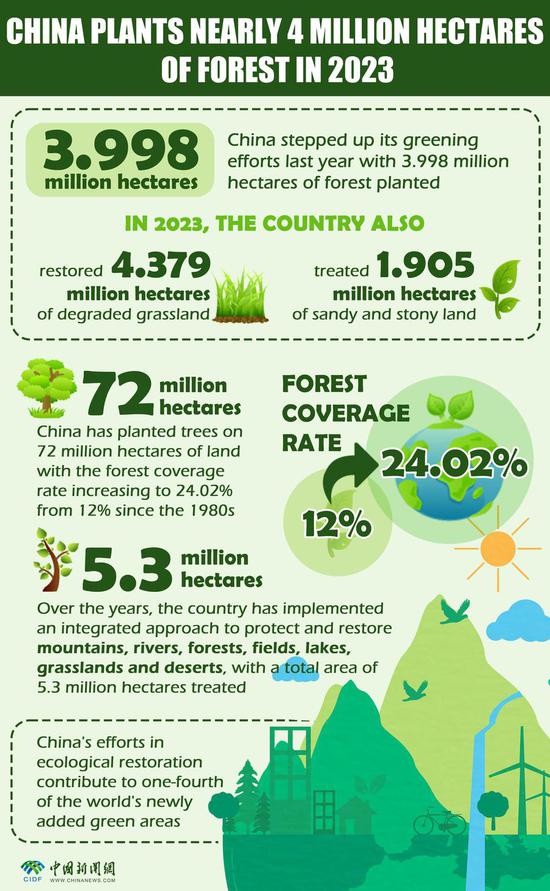


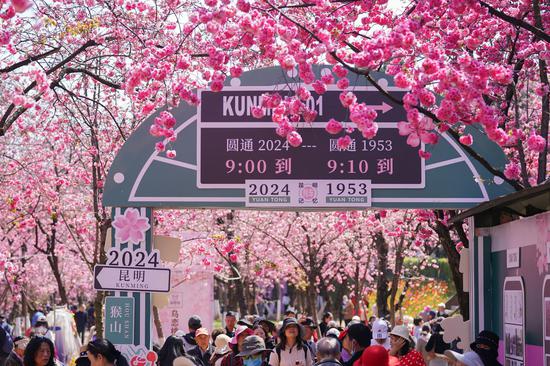
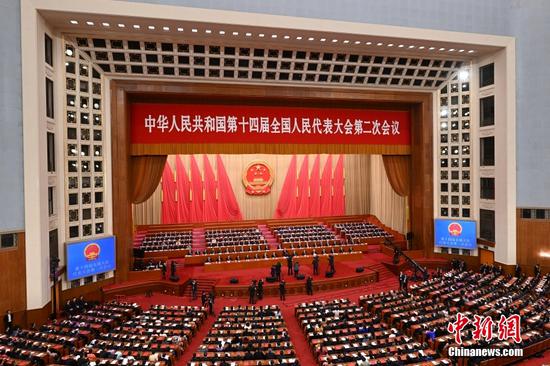

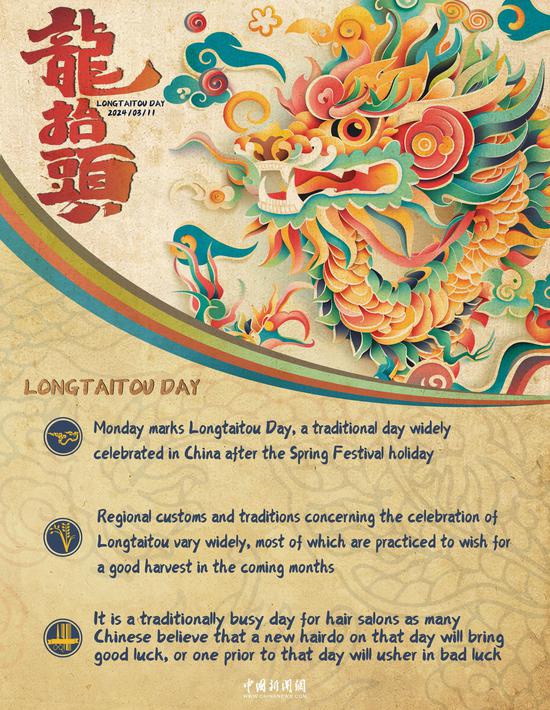

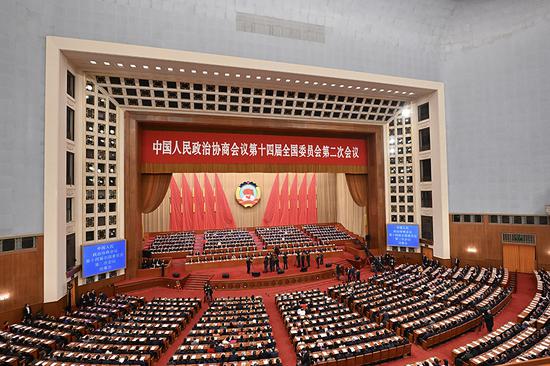
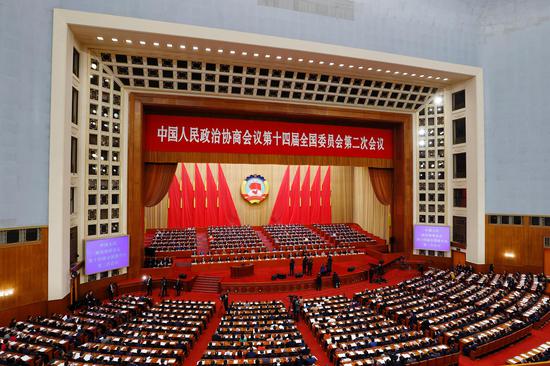

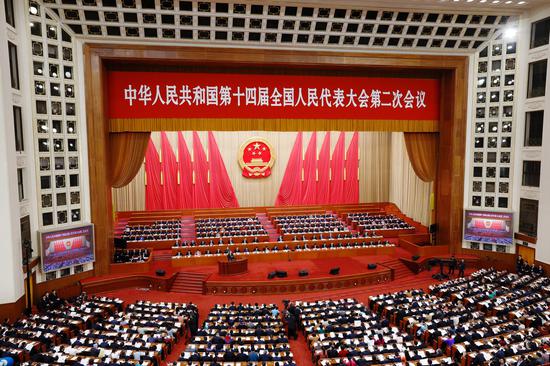
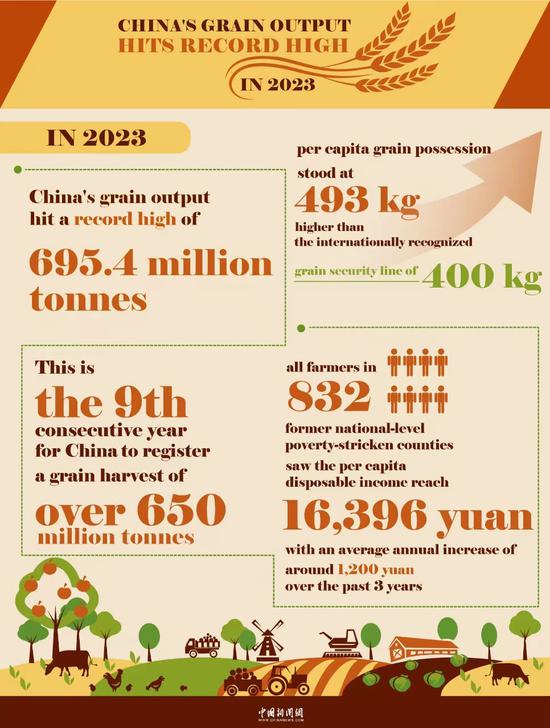
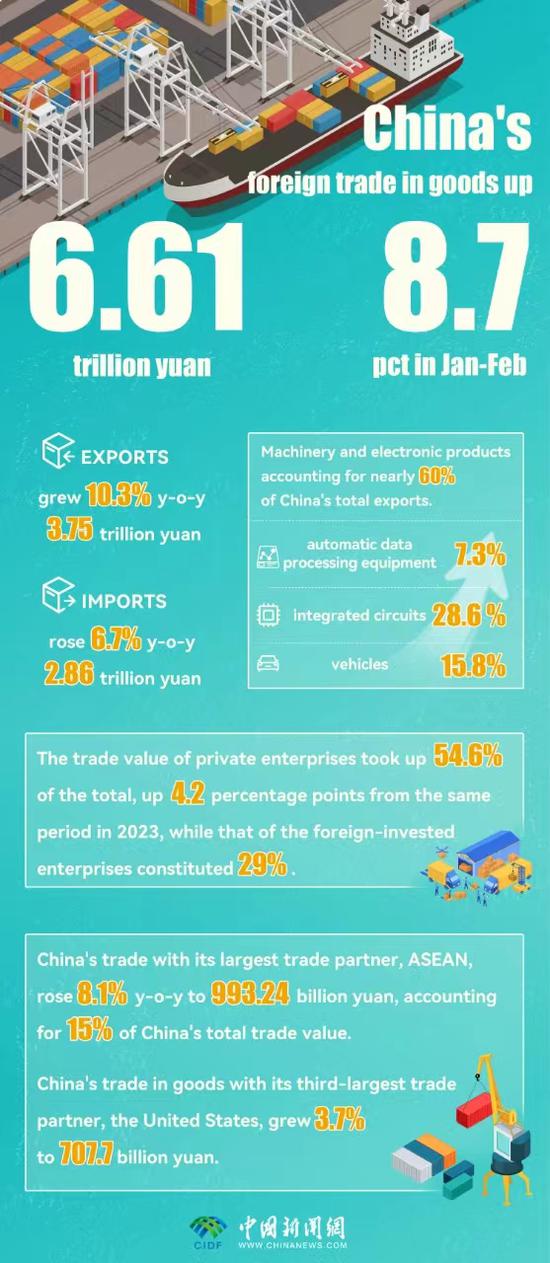





 京公网安备 11010202009201号
京公网安备 11010202009201号